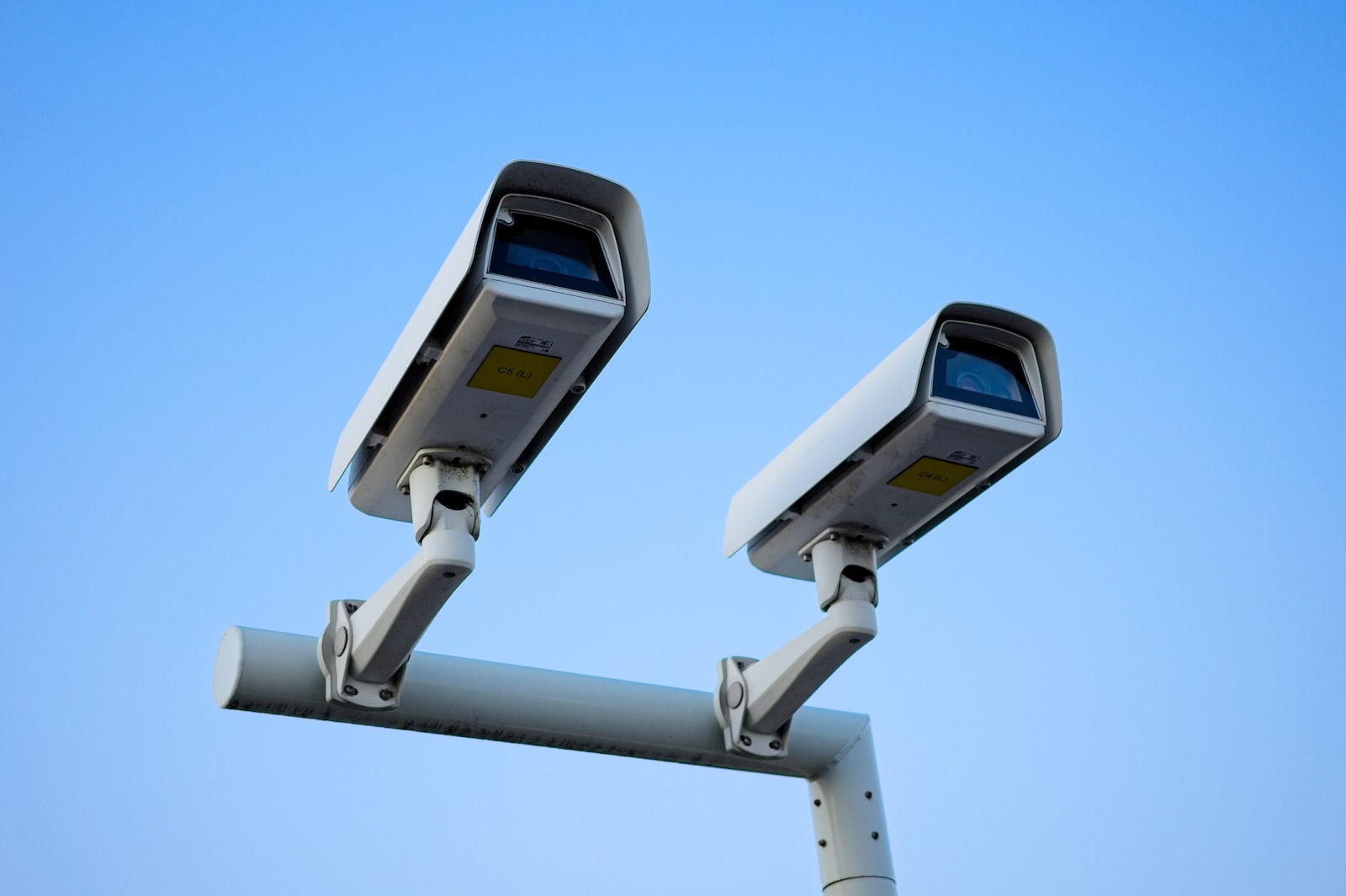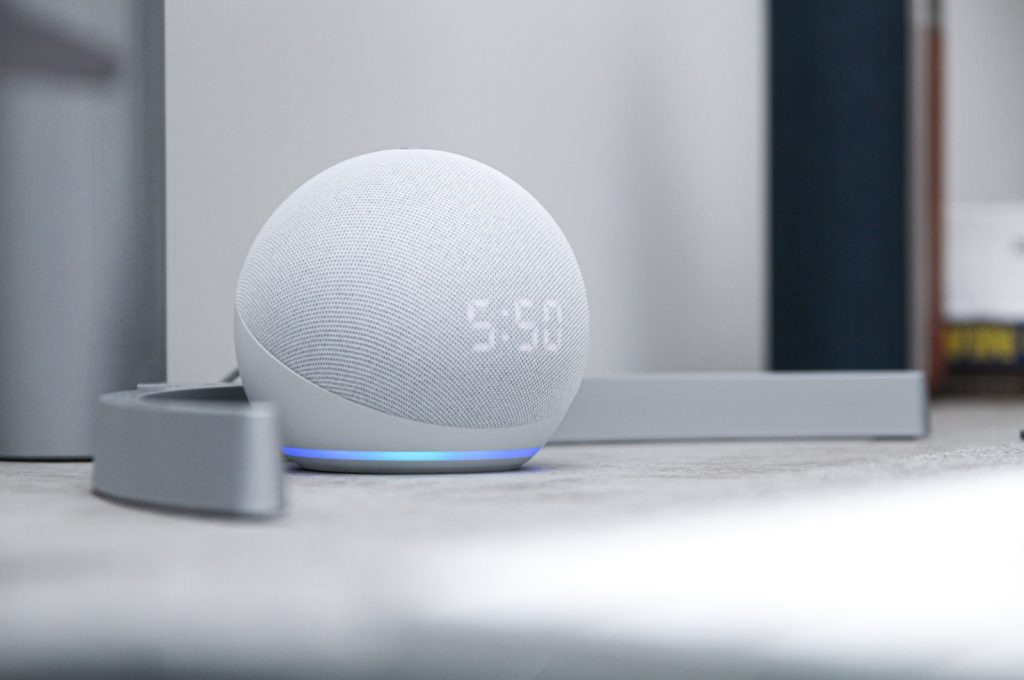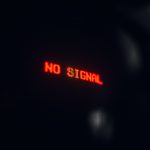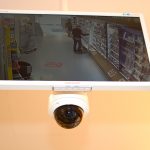Table of Contents
- Introduction to the Possibility of Having Two Home Security Systems in One House
- The Benefits and Drawbacks of Dual Home Security Systems
- Compatibility Considerations for Dual Home Security Systems
- Management Considerations for Dual Home Security Systems
- Researching and Choosing the Best Dual Home Security Systems
- Alternative Options for Securing Your Home
- Conclusion
- Frequently Asked Questions
Introduction to the Possibility of Having Two Home Security Systems in One House
In today’s world, home security is more important than ever. With crime rates on the rise, it’s essential to take measures to protect your home and family.
One way to do this is by installing a home security system. But what if you already have a security system in place? Can you add another one to your house?
In this blog post, we’ll explore the answer to that question. We’ll also discuss the pros and cons of having multiple systems in one house. So read on for all the details.
The Benefits and Drawbacks of Dual Home Security Systems
Having two home security systems may be beneficial depending on your individual needs, as they can offer an extra layer of protection for your home. For example, you could have a wireless system installed outside your home to detect movement, while also having a wired system inside the building to monitor activity.
On the other hand, installing two separate systems could be impractical or costly depending on the size of your home and the features of each system.
Furthermore, having two systems can also create confusion. This is because the two systems may not always be compatible and you may find yourself having to switch between them regularly.
It can also be difficult to manage both systems at once, as there are likely to be two different sets of monitoring staff and procedures for each system.
All in all, taking extra measures to keep your home secure is always a good idea, but make sure to consider all the pros and cons before deciding whether or not it is worthwhile.
Compatibility Considerations for Dual Home Security Systems
When it comes to home security, the last thing you want is for your different systems to conflict with each other. To ensure that your property remains safe and secure, consider any compatibility issues between the two security systems in question.
If one system supports a certain type of digital protocol, for example, you will need to make sure that the other does as well. Moreover, consider communication protocols such as Wi-Fi or Bluetooth connectivity; if both systems have compatible options then connecting them should be relatively easy.
Ensure that both hardware and software are compatible too; many companies manufacture equipment that can only integrate with their own products and services.
Ultimately, by doing a thorough research and carefully reading through the system specifications of each device, you will be able to determine whether or not they are interoperable before investing in any additional hardware.
Management Considerations for Dual Home Security Systems
When considering the installation of home security systems, it is important to assess your needs when it comes to their operation. In some instances, a single control panel might be sufficient for managing all the components of the security system for both homes.
Careful evaluation should be given to determine whether two separate control panels might offer more comprehensive protection and convenience. The decision-making process should also include assessing how much time and effort is needed with monitoring and maintaining each individual component.
If two different households require two separate control panels, it’s worthwhile to consider if installing one central main panel could effectively link them together. Doing so will provide homeowners with greater access to better manage their security systems efficiently from one convenient hub.
Researching and Choosing the Best Dual Home Security Systems
Deciding to have two home security systems installed on your property is a major step that should not be taken lightly. While having two systems can provide an added level of assurance and protection, it’s important to do your due diligence when selecting the right system for your needs.
Researching each potential vendor thoroughly and obtaining multiple quotes can ensure you get the best set-up as well as the top installation service at an affordable price. Bear in mind that some companies may charge more for a second system if it requires additional wiring or hardware; make sure to inquire about this before signing any contracts.
Reading customer reviews online will also help you make an informed decision while getting valuable feedback regarding their service. It’s worth spending the time gathering information before committing to a particular system or supplier – not only could it save you money in the long run, it will give you greater peace of mind knowing you have adequately secured your property.
Once everything is installed and tested, check back periodically to make sure all systems are working correctly and report any issues immediately for timely resolution. Taking these steps can put you on track for a safe and secure home with two home security systems protecting what matters most.
Alternative Options for Securing Your Home
If it turns out that having two home security systems is not the right option for your situation, there are other alternatives worth considering.
Investing in an interconnected system can be a great way to streamline the process and reduce setup costs. This type of system allows you to connect different components from different vendors with one central monitoring station, making it easier to manage and maintain.
You can also look into a hybrid system that combines an interconnected setup with some form of local control, such as a keypad or motion detector which will allow you to monitor your property from multiple locations.
There are also several smart home devices that can be integrated into your existing home security system to provide added convenience and safety, such as automatic lights, door locks, and security cameras. Amazon Alexa and Google Home offer voice-activated devices that can also be used to control your home security system.
This can save you money in the long run as you won’t need to buy two separate systems and can easily control them from one central device.
Conclusion
If you’re considering installing two home security systems in your house, there are a few things you’ll need to take into account first. The main thing to consider is whether or not the two systems will be compatible with each other – if they’re not, it’s probably not worth going ahead with having two separate systems.
You’ll also want to think about how you’ll manage both systems and whether or not you’ll need two separate control panels. If you do decide to go ahead with having two home security systems, be sure to do your research and choose the best one for your needs.
If two systems don’t seem like the right choice, there are several alternatives that may suit your needs better. In any case, make sure to take the time to look into all of your options before making a decision – when it comes to protecting your home and family, it’s always better to be safe than sorry.
Frequently Asked Questions
Having two home security systems can offer an added level of assurance and protection, as it limits the chances of a single system failing or being breached. It also allows you to monitor your property from multiple locations, which can be especially useful if you have a large or spread-out house.
Two home security systems can work together if they are compatible and have been properly set up. This generally involves connecting the two systems to the same control panel or monitoring system, so that all of their functions can be managed from one central point.
The main challenge with having two home security systems is that it can be more costly and time-consuming to install, maintain and manage. It also requires a dedicated effort in making sure both systems are compatible and work together without any issues.
The best way to choose the right home security system is to do your research and look at all of your available options. Look for systems that offer features that suit your needs, such as motion sensors, cameras, door locks, or interconnectivity.
Also, make sure to consider any additional costs like installation and monthly fees.
Home security systems work by using sensors to detect any motion or activity in your home. If the system detects something suspicious, it will trigger an alarm and alert you of a potential problem.
The control panel then sends a signal to the monitoring center, which can take any necessary actions such as contacting emergency services.
The most common types of home security systems are wired and wireless. Wired systems require a physical connection to the control panel, while wireless systems use radio frequency technology to communicate with it.
There are also hybrid systems that combine both wired and wireless components.
Home security systems typically offer several features, including motion detectors, door/window sensors, cameras, automated lighting, and locks, as well as remote access. Some systems also come with additional features such as smoke and carbon monoxide detectors or sirens to alert you of an intruder.
The most popular home security systems are ADT, Vivint, SimpliSafe, and Ring. Each of these systems offers a variety of features to suit your needs, from basic monitoring to advanced automation.








